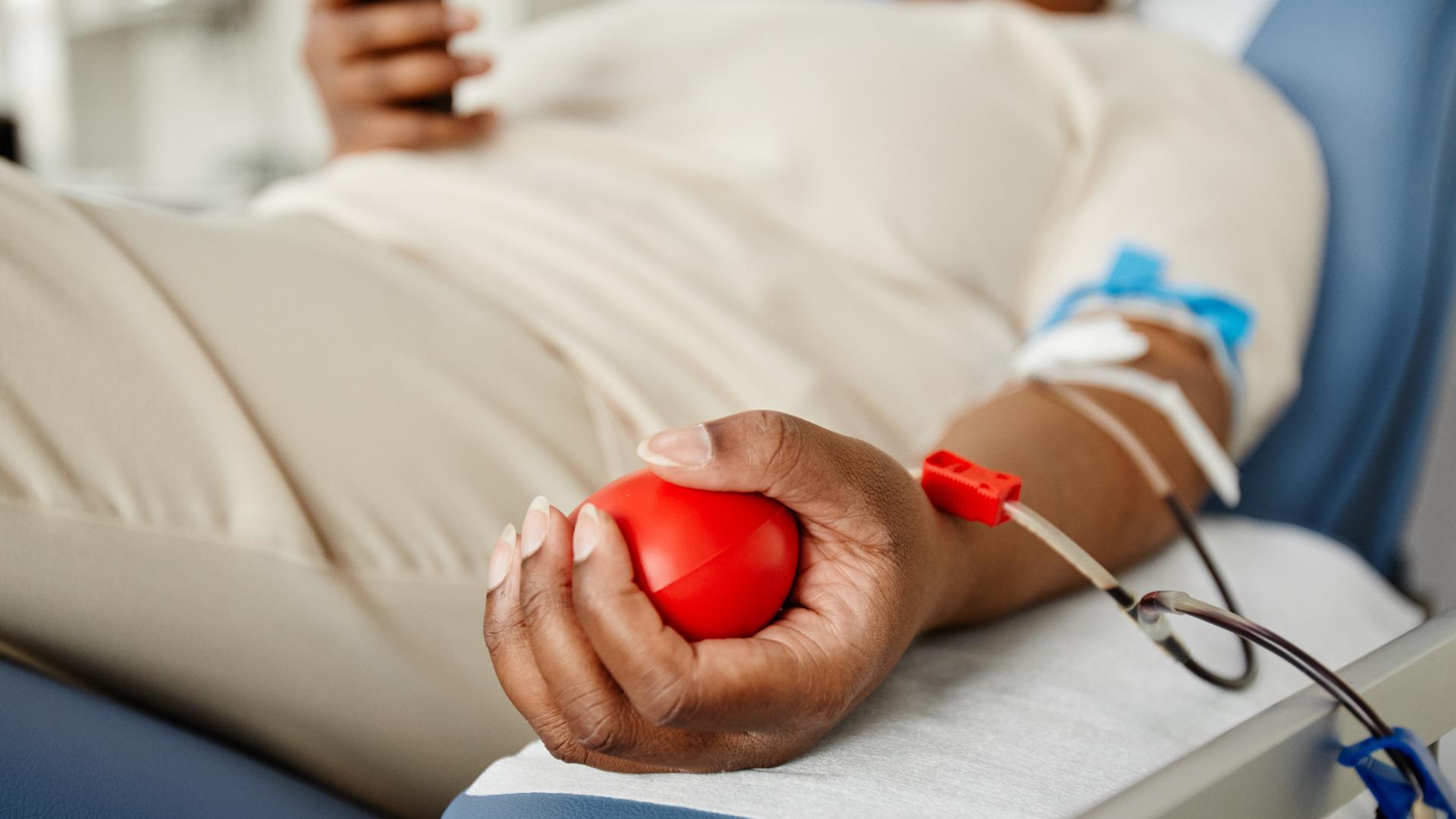DES MOINES, Iowa — A bill that would impact how certain types of blood donations are dealt with was put on pause after receiving pushback from some medical professionals.
This bill deals with autologous and directed blood donations. An autologous donation is when you donate your own blood for yourself. A directed donation is when you ask people you know to donate blood for you.
This bill, authored by Sen. Jeff Edler, R-Marshall County, would make it so blood banks and licensed hospitals would have to comply with a request to use an autologous or directed donation, unless they believe doing so would cause an imminent threat to a patient’s life.
“I’m very simply stating that in Iowa, we would like to ensure that the patient can continue with the basic right of being able to know who their donor is," he said.
Edler clarified that a physician can request a patient does not go through with these unique donations. However, if their reasoning doesn't relate to a patient's risk to life, a patient can override the doctor's recommendation.
No medical organization in attendance spoke in favor of the bill.
“You’re asking doctors to be impelled by the government to give care that they know is demonstrably worse," a medical student said.
The Red Cross is one organization lobbying against the bill. Spokespeople say they're concerned the bill could cause a spike in requests for these unique donations from people who don’t need it. They worry this could delay getting these unique donations to people who cannot use the general blood supply for medical reasons.
Another concern: donor safety. Red Cross Division Medical Director Dr. Emily Coberly gave an example of a directed donor who was giving blood for their child who had cancer.
“She gave donation after donation after donation. Her veins gave out. Her counts lowered. She would do anything to save the life of her child,” Coberly said.
She emphasized the importance of medical professionals having the ability to step in when they believe a situation becomes unsafe.
Local hematologist, oncologist and former blood center director Robert Shreck responded to Edler's concern over federal guidance, saying that he does not believe the guidance has changed medical practice in hematology at the bedside, saying that typically they'd talk patients out of it in his experience.
He said that autologous transfusions are justified in certain circumstances but directed transfusions are rarely justified. He listed multiple issues that come up with directed transfusions. Notably, Shreck said directed donations put donors in awkward situations, in which they are afraid of disappointing the patient and end up lying on screening questions. Directed blood is more likely to be rejected after testing positive for hepatitis and other diseases, partially due to this phenomenon.
On the opposite end of the spectrum, donors could also have their blood rejected or be turned away after screening questions, leading the donor to feel guilty about "disappointing" the patient.
Shreck expressed concern that autologous and directed donations would become widespread practice under this bill, which could be "extremely disruptive to the blood banking system." He worries about situations in which patients insist on getting these donations and a doctor doesn't have a hematology consultant to help.
Shreck also expressed concern over the bill raising the cost for blood centers.
Language in the original version of the bill stated that blood banks can charge a fee to cover administrative costs for these unique donations. However, the newer version of the bill does not include that in its text.
As of Tuesday afternoon, the subcommittee has placed the bill on "indefinite postponement."

